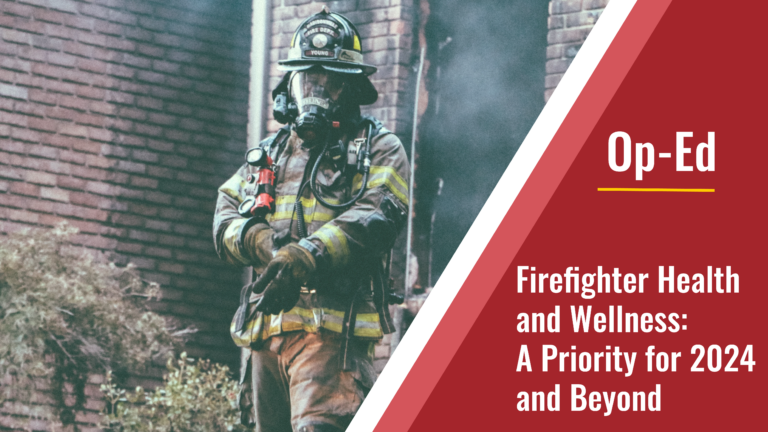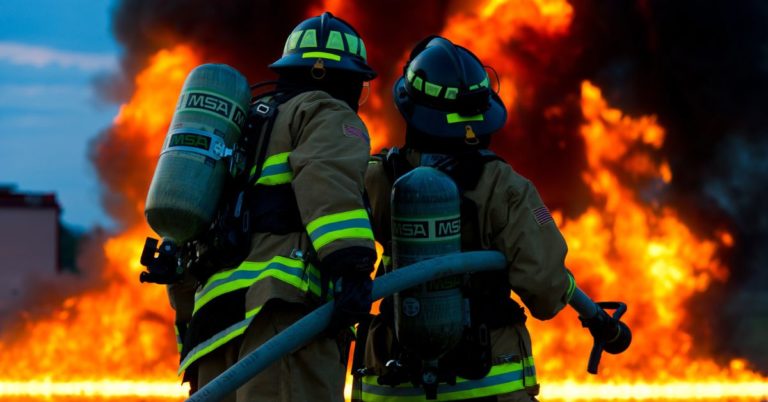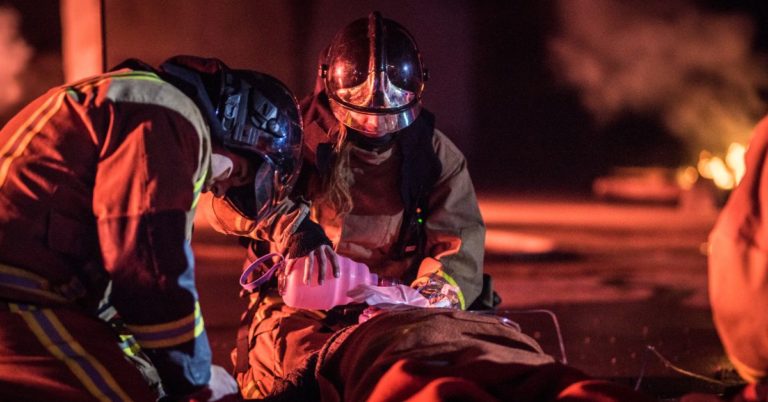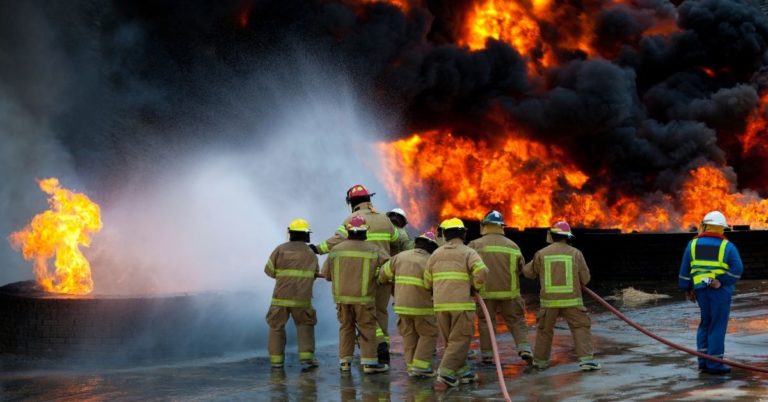Firefighters are the unsung heroes of our communities, bravely putting their lives on the line to protect us from the ravages of fire and other emergencies. Yet, while they are often celebrated for their courage and selflessness, the toll their demanding profession takes on their mental and physical health is often overlooked. As we step into 2024, it’s imperative that we recognize the evolving health trends among firefighters and allocate additional resources and funding to support their overall wellbeing.
The Changing Nature of Firefighting
The landscape of firefighting has evolved significantly over the years. Today’s firefighters face not only the traditional dangers of battling flames, but also increasingly frequent and intense wildfires and other natural disasters. Additionally, they are frequently exposed to hazardous materials and toxins present in modern building materials, and even in their own gear, posing long-term health risks. Furthermore, the mental and emotional strain of witnessing traumatic events and the pressure of constantly being on call contribute to high levels of stress among firefighters.
Top Health & Wellness Concerns for Firefighters
- Cancer & Cardiac Events: According to the International Association of Fire Fighters (IAFF), cancer accounts for 72% of firefighter deaths. Exposure to carcinogens during firefighting activities increases the risk of various cancers, including lung, prostate, and colon cancer. Cardiovascular disease accounts for a staggering 45% of all firefighter-duty-related fatalities.
- Mental & Behavioral Health: Firefighters experience high levels of stress, trauma, and burnout, which can lead to mental health problems such as depression, anxiety, and post-traumatic stress disorder (PTSD).
- Line of Duty Deaths: Firefighting is a dangerous profession, and even with proper training and equipment, there is always the risk of severe injury or death.
Fire departments often have limited budgets, making it challenging to prioritize firefighter health and wellness programs. It’s crucial that fire departments receive adequate resources and funding to support the wellbeing of their personnel, including:
- Comprehensive Health and Wellness Programs: Fire departments need to implement robust health and wellness initiatives that address both the physical and mental health needs of firefighters. These programs should include regular health screenings, access to mental health counseling services, fitness and nutrition programs, and education on recognizing and managing stress.
- Specialized Training: Training programs should incorporate education on recognizing the signs of PTSD and other mental health issues, as well as strategies for coping with stress and trauma. Firefighters need the tools and support to prioritize their mental health and seek help when needed.
- Access to Specialized Healthcare: Firefighters require access to specialized healthcare providers who understand the unique health risks associated with their profession. This includes medical professionals trained in occupational health and experts in treating conditions prevalent among firefighters, such as respiratory diseases and cancer.
- Investment in Equipment and Technology: Fire departments must have state-of-the-art equipment and technology to enhance firefighter safety and mitigate health risks. This includes advanced personal protective gear, respiratory protection systems, and equipment for detecting and monitoring hazardous substances at emergency scenes.
- Research and Data Collection: Continued research into firefighter health and occupational hazards is essential for developing evidence-based strategies for prevention and treatment. Fire departments should collaborate with researchers and institutions to gather data, identify trends, and implement best practices for protecting firefighter health.
The health and wellbeing of firefighters are of paramount importance, not only for the men and women who serve on the front lines but also for the communities they protect. As we move forward into 2024 and beyond, it’s imperative that we prioritize the health needs of firefighters and provide them with the resources and support they need to thrive. By investing in comprehensive health and wellness programs, specialized training, access to healthcare, modern equipment, and ongoing research, we can ensure that our firefighters are equipped to face the challenges of their profession while safeguarding their physical and mental health. It’s time to recognize their sacrifices and commit to supporting them in every possible way.





